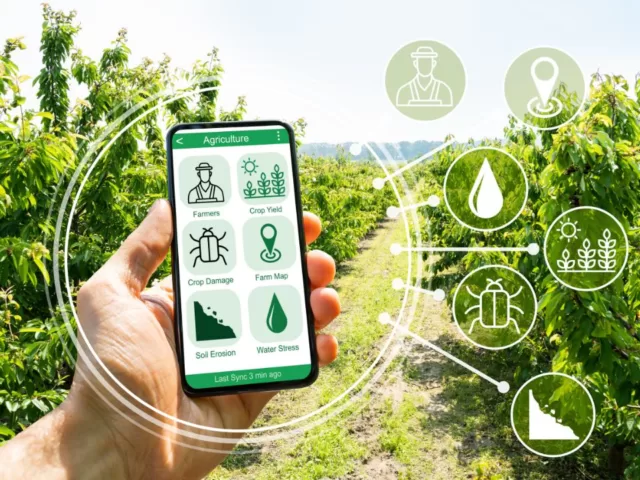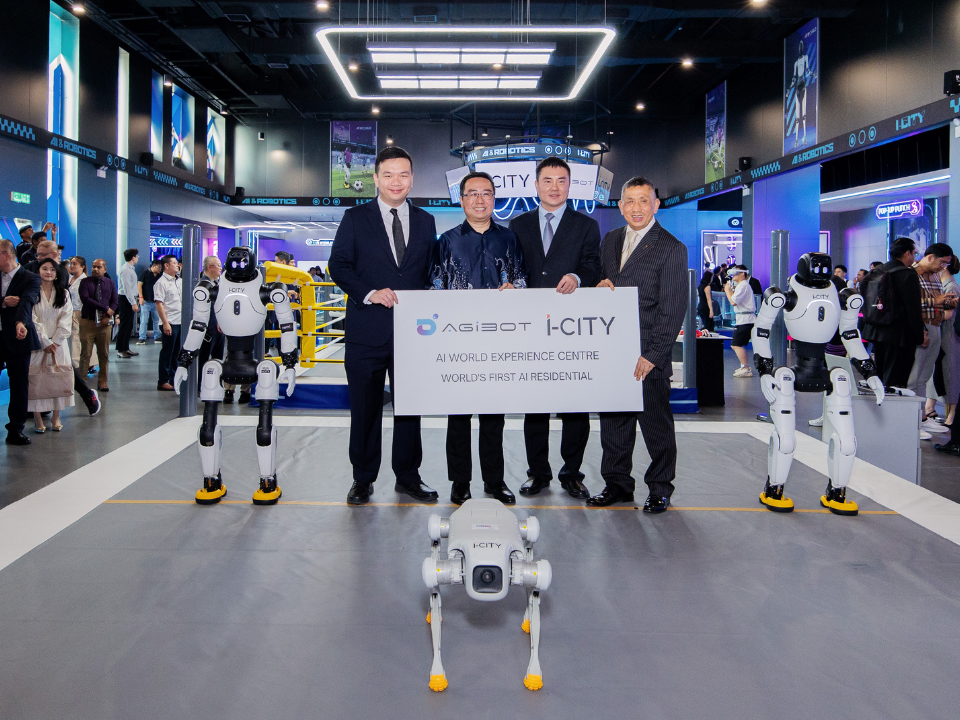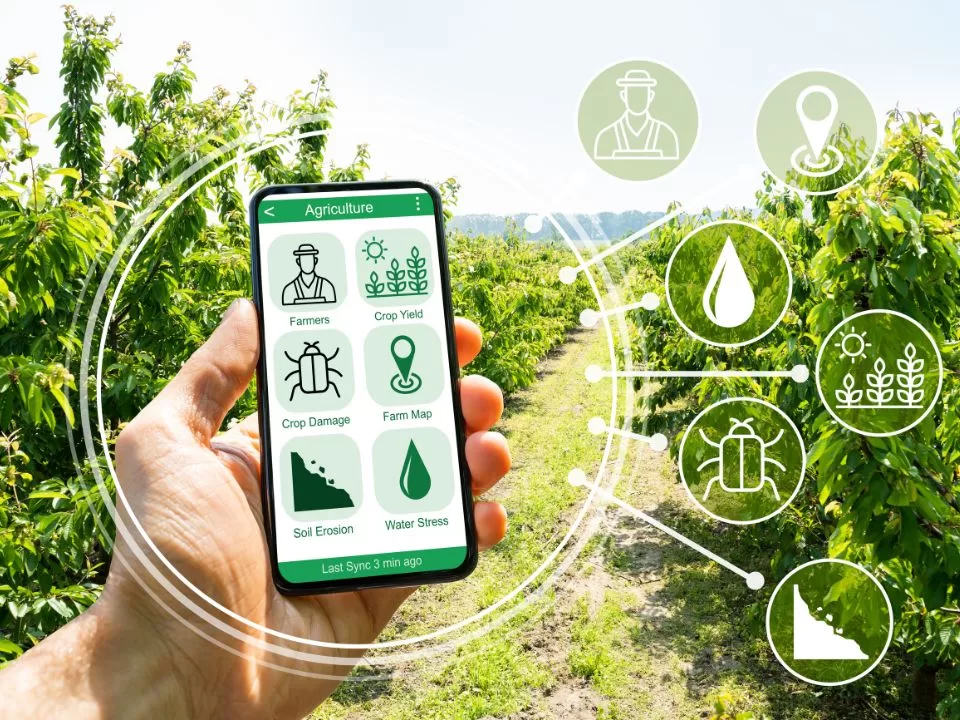
Sustainable farming is an approach that aims to meet the current needs of food production while preserving and enhancing the well-being of the environment, society, and future generations. Promoting sustainability in modern farming requires the adoption of modern farming technologies to help farmers.
Why Farmers Need To Adopt New Technologies?
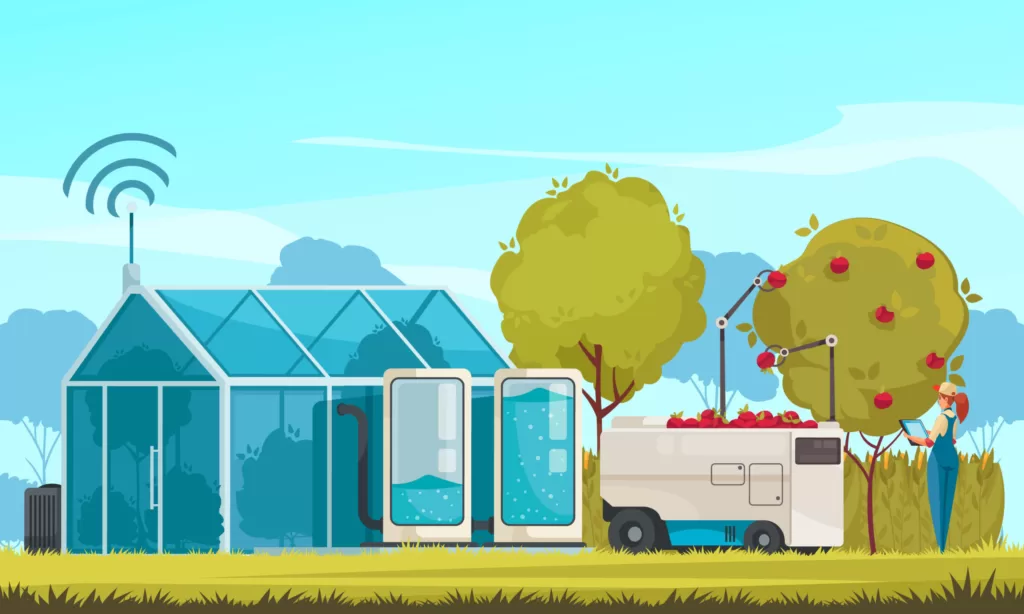
Image via TraceX
Farmers need to adopt new technologies to enhance efficiency, increase productivity, and ensure the long-term sustainability of agriculture. This enables farmers to make informed decisions, optimize resource use, reduce waste, and improve yields.
This can lead to cost savings and address challenges such as climate change, labor shortages, and global competitiveness. Embracing innovation showcases a commitment to sustainable practices, aligning with consumer preferences for traceable and responsibly sourced products.
Emerging Modern Farming Tech
Thankfully, there are many innovative agricultural technologies that farmers can adopt. Here are a few:
1. Satellite Imaging
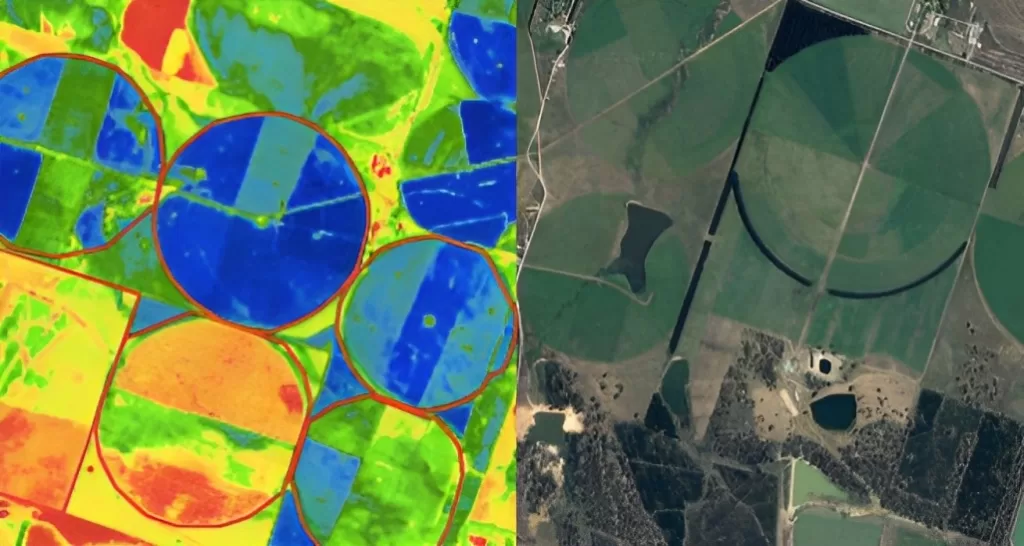
Image via Farm Management
Satellite imaging technology has made real-time crop imagery possible. The photos have a resolution of up to five meters per pixel. Farmers can inspect crops using crop imagery without physically being there. A farmer can save time and money by simply reviewing images once a week.
This technology can also be coupled with crop sensors, soil, and water to provide farmers with notifications and relevant satellite imagery.
2. RFID Technology
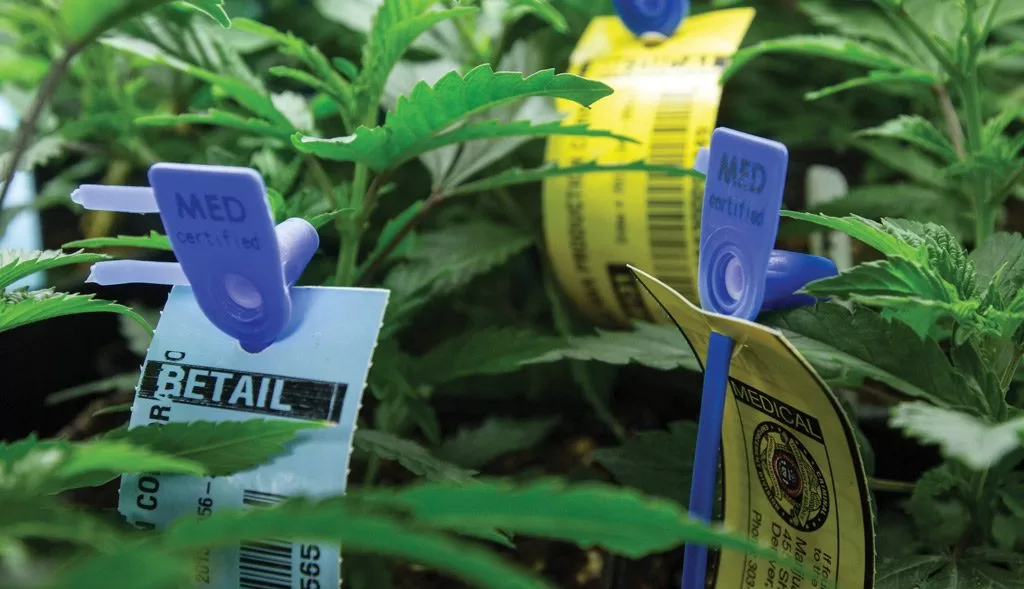
Image via The Agrotech Daily
RFID technology in modern farming offers efficient solutions for livestock management, asset tracking, and supply chain visibility. This technology is valuable in precision agriculture, providing real-time data on soil conditions and crop health. RFID’s role in automating tasks contributes to labor efficiency, while its application in crop monitoring enables farmers to make informed decisions for optimized resource use.
3. Computerized Weather Track Model
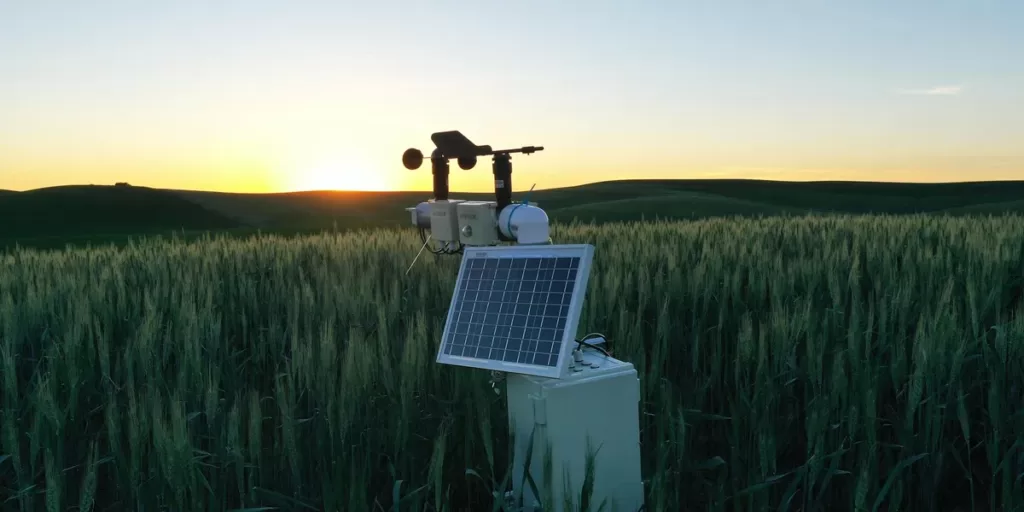
Image via IEEE Spectrum
Computerized weather tracking in modern farming involves advanced technologies to monitor and analyze meteorological data for informed decision-making. This data allows farmers to make precise decisions regarding planting schedules and measure resource usage to minimize risks associated with weather conditions.
4. Minichromosome Technology
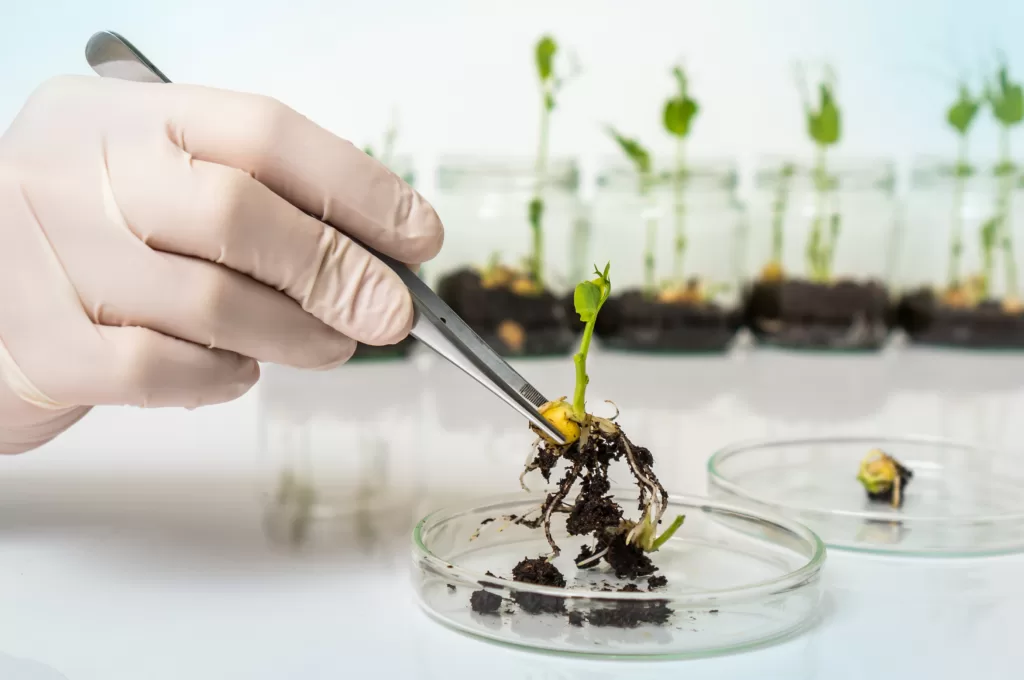
Image via AgriBazaar
A minichromosome is a tiny structure found in cells that contains a large amount of information despite having very little genetic material. Agricultural geneticists can help farmers by implanting dozens or even hundreds of traits on a plant through this technology. This can also improve the nutritional value of a plant.
5. Laser Scarecrows

Image via Just Agriculture
Laser Scarecrows are effective at keeping birds away from crops based on research at the University of Rhode Island. The green light laser is not visible to human eyes under sunlight but is effective at shooting lasers up to 600 feet to scare the birds. Farmers can use this technology to minimize crop damage by bird populations.
The adoption of modern farming technologies is crucial for continued success and sustainability. It addresses the current challenges faced by farmers and positions agriculture as a resilient industry that is capable of meeting the demands of the future.
Promoting farming sustainability does not only involve the adoption of modern technologies in farming alone but also supporting local farmers. Check out these farms that you can tour to enjoy fresh fruits and vegetables!




